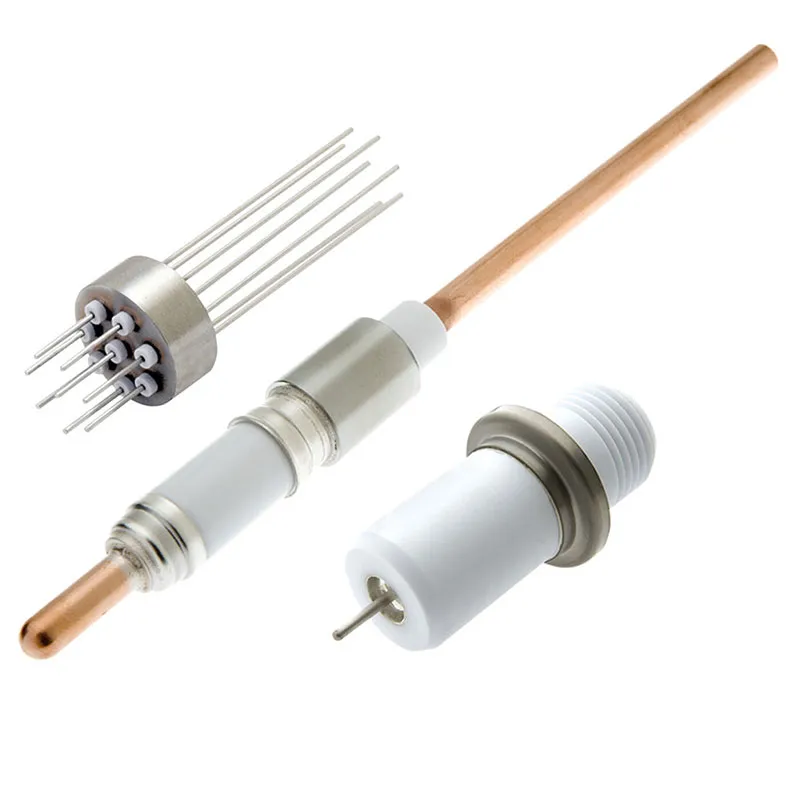Understanding Thermocouple Ceramic Insulators
2024-11-04
Thermocouples are widely used temperature sensors made from two different metal wires joined at one end. When the junction experiences a change in temperature, it generates a voltage that can be measured and translated into temperature readings. For accurate and reliable measurements, proper insulation is crucial, especially in high-temperature environments. This is where ceramic insulators come into play.
What are Ceramic Insulators?
Ceramic insulators are materials that provide excellent thermal and electrical insulation. They are often made from materials like alumina, zirconia, or other ceramics that can withstand extreme temperatures without degrading. In thermocouples, these insulators serve multiple functions:
1. Thermal Stability: Ceramic insulators can endure high temperatures (often exceeding 1000°C) without melting or deforming, making them ideal for industrial applications.
2. Electrical Insulation: They prevent electrical interference, ensuring that the thermocouple provides accurate readings by isolating the thermoelectric materials from each other and from surrounding conductive materials.
3. Chemical Resistance: Many ceramic materials are resistant to corrosive environments, which is essential in industries like petrochemicals, metallurgy, and ceramics themselves.
Applications of Thermocouple Ceramic Insulators
Ceramic insulators are crucial in various applications, including:
- Industrial Furnaces: In high-temperature furnaces, ceramic insulators ensure that thermocouples can accurately monitor temperatures without being affected by the surrounding materials.
- Aerospace: In aerospace applications, where materials must withstand extreme conditions, ceramic insulators help maintain measurement accuracy in thermocouples used in engine testing.
- Nuclear Power Plants: Due to their high resistance to radiation and extreme temperatures, ceramic insulators are essential in ensuring reliable temperature measurements in nuclear reactors.
Thermocouple ceramic insulators play a vital role in ensuring the accuracy and reliability of temperature measurements in challenging environments. By providing thermal stability, electrical insulation, and chemical resistance, they enhance the performance of thermocouples across various industries. Understanding their properties and applications can help in selecting the right type for specific needs.



